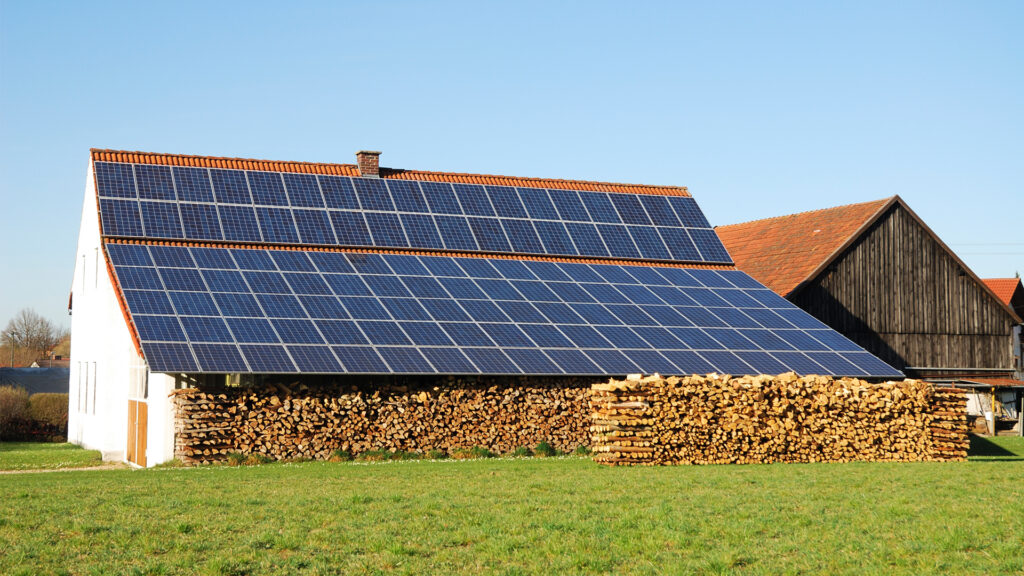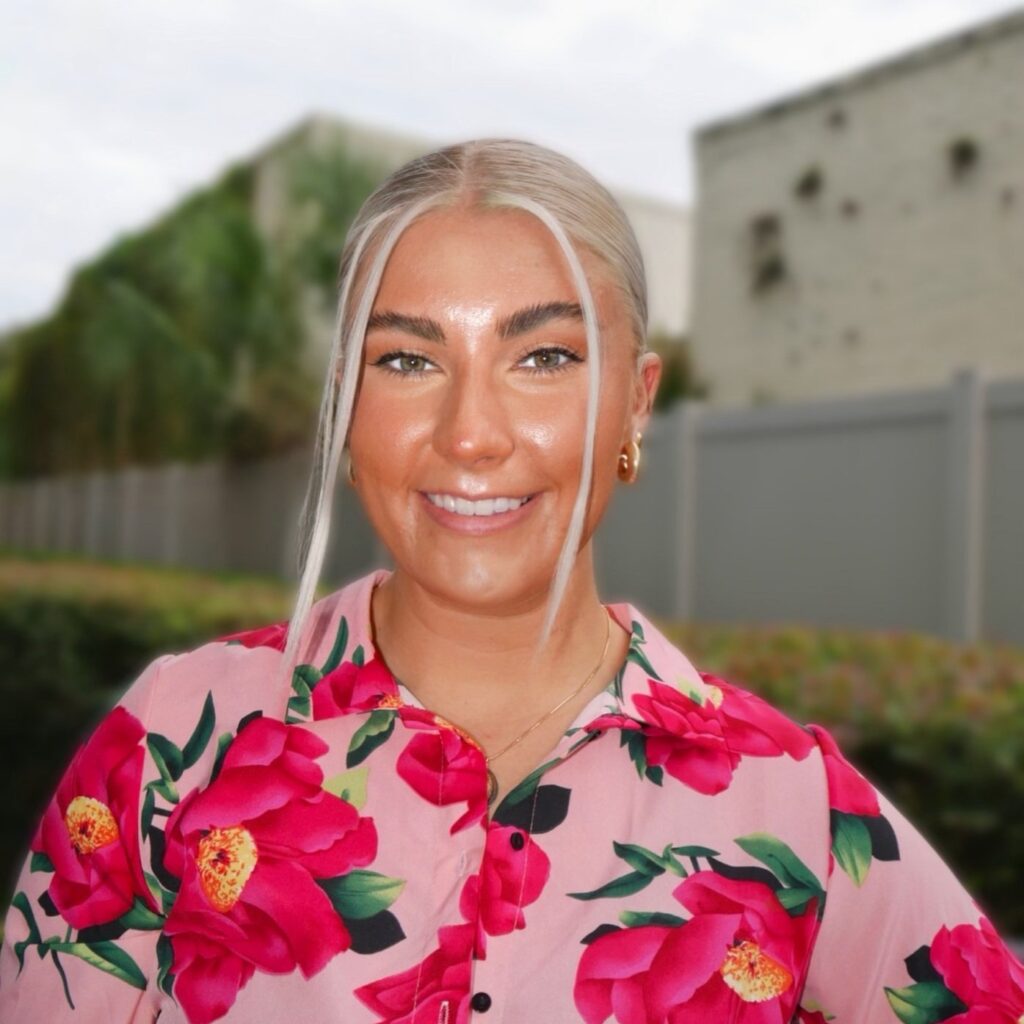By Danielle Lindsay, American Conservation Coalition
Florida’s diverse landscapes extend far beyond its iconic beaches and urban centers, encompassing vast rural areas that play a pivotal role in the state’s identity and economy.
In my role traveling the state to advocate for conservative environmental values, I am compelled to spotlight the essential connection between Florida’s young rural conservatives, conservation efforts and the clean energy revolution that can transform the state’s heartland.
Florida’s rural areas, often overshadowed by the coastal glamour, are the lifeblood of the state’s agriculture sector, one of our top industries. These regions not only contribute significantly to Florida’s economy but also serve as stewards of the state’s natural resources. It is within these rural landscapes that the future of Florida’s clean energy economy and conservation efforts converge.

Florida’s diverse geography, from the Panhandle to the Everglades, offers a rich tapestry of opportunities for renewable energy projects. The state’s clean energy future hinges on the engagement of young Floridians, who can champion the cause of energy security and climate resilience.
My organization’s recent poll, conducted in collaboration with Echelon Insights, sheds light on the perspectives of young rural conservatives who call these areas home. These individuals, deeply connected to the land and its resources, are not only open to clean energy solutions but actively seek them for the sake of energy security and climate resilience. However, they often feel left out of the broader conversation.
Florida’s agriculture, facing the challenges of climate change and environmental degradation, stands to benefit significantly from clean energy initiatives and conservation practices. The state’s leaders must recognize that supporting these young rural conservatives aligns with the best interests of Florida’s agricultural future.
The upcoming November elections present an opportunity for elected leaders to prioritize the issues that matter most to young Floridians, a demographic that continues to shape the political landscape. Our polling data emphasizes that young conservative voters in Florida seek actionable energy solutions that align with the state’s economic interests while safeguarding the environment.
A significant 71% of young rural conservative voters expressed support for transitioning to clean energy, a testament to their understanding of the state’s vulnerability to climate change. However, only 39% believe their government leaders are genuinely listening to them on environmental and energy issues. This disconnect underscores the need for Florida’s leaders to bridge the gap and actively engage with the concerns of the next generation.
Notably, the survey found that 68% of young conservative voters would support a climate plan that balances economic and environmental considerations. This reflects a nuanced perspective that aligns with Florida’s unique blend of urban and rural landscapes.
For those hesitant about embracing clean energy, concerns about higher costs and potential economic impacts were prominent. In the context of Florida, climate change poses significant economic disadvantages, primarily due to the state’s vulnerability to rising sea levels, increased temperatures and extreme weather events.

The coastal nature of many Florida communities makes them susceptible to flooding and storm surges, resulting in damage to infrastructure, properties and businesses. Furthermore, the tourism industry, a cornerstone of Florida’s economy, is at risk as the appeal of beaches and natural attractions diminishes with the degradation of ecosystems and the prevalence of extreme weather events.
Additionally, agriculture, another key sector, faces challenges such as changing precipitation patterns, higher temperatures and the increased frequency of hurricanes, impacting crop yields and economic stability for farmers. These economic repercussions underscore the urgent need for comprehensive climate mitigation and adaptation measures in Florida.
Florida’s leaders must recognize that young Floridians, regardless of their geographic location, share a deep commitment to protecting the state’s natural beauty and embracing clean energy initiatives. Our polling serves as a call to action for leaders to listen, understand and collaborate with this crucial demographic.
In summary, as we envision Florida’s clean energy future, let us ensure that the voices of young rural conservatives in the state are not only heard but actively included in the shaping of policies and initiatives. By doing so, we can forge a path toward a sustainable and resilient Florida that reflects the aspirations of its diverse and dynamic youth.
Danielle Lindsay is the Florida state director at the American Conservation Coalition (ACC). She’s based in Orlando.
If you are interested in submitting an opinion piece to The Invading Sea, email Editor Nathan Crabbe at ncrabbe@fau.edu. Sign up for The Invading Sea newsletter by visiting here.



